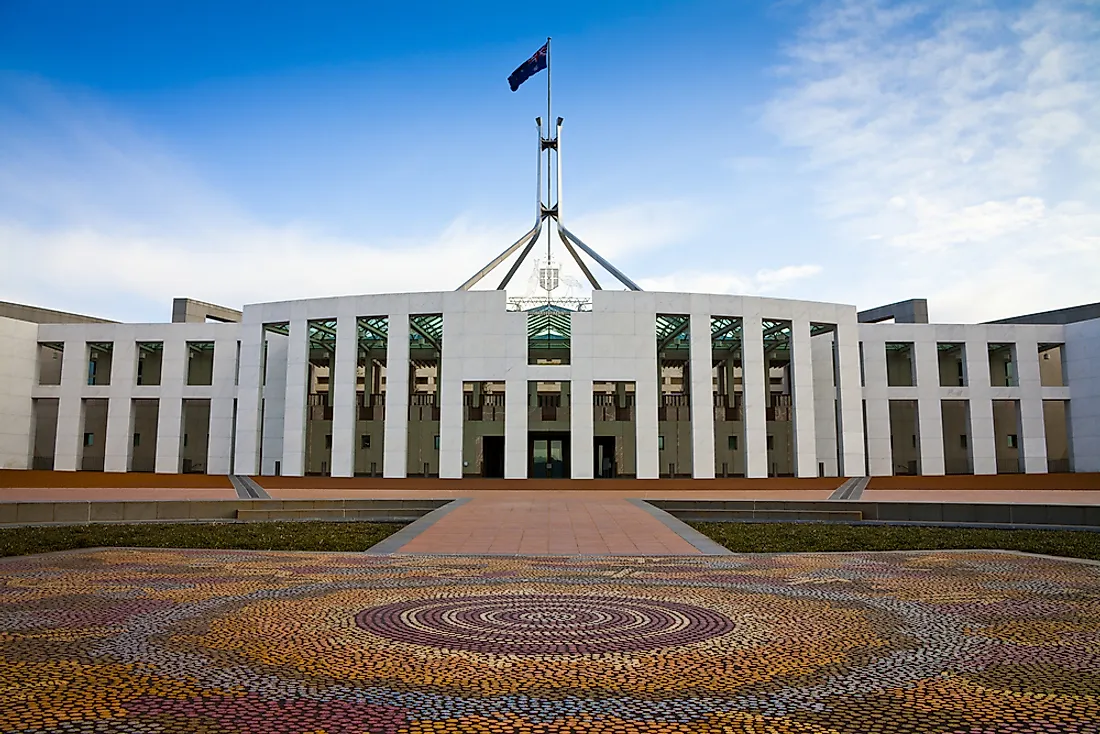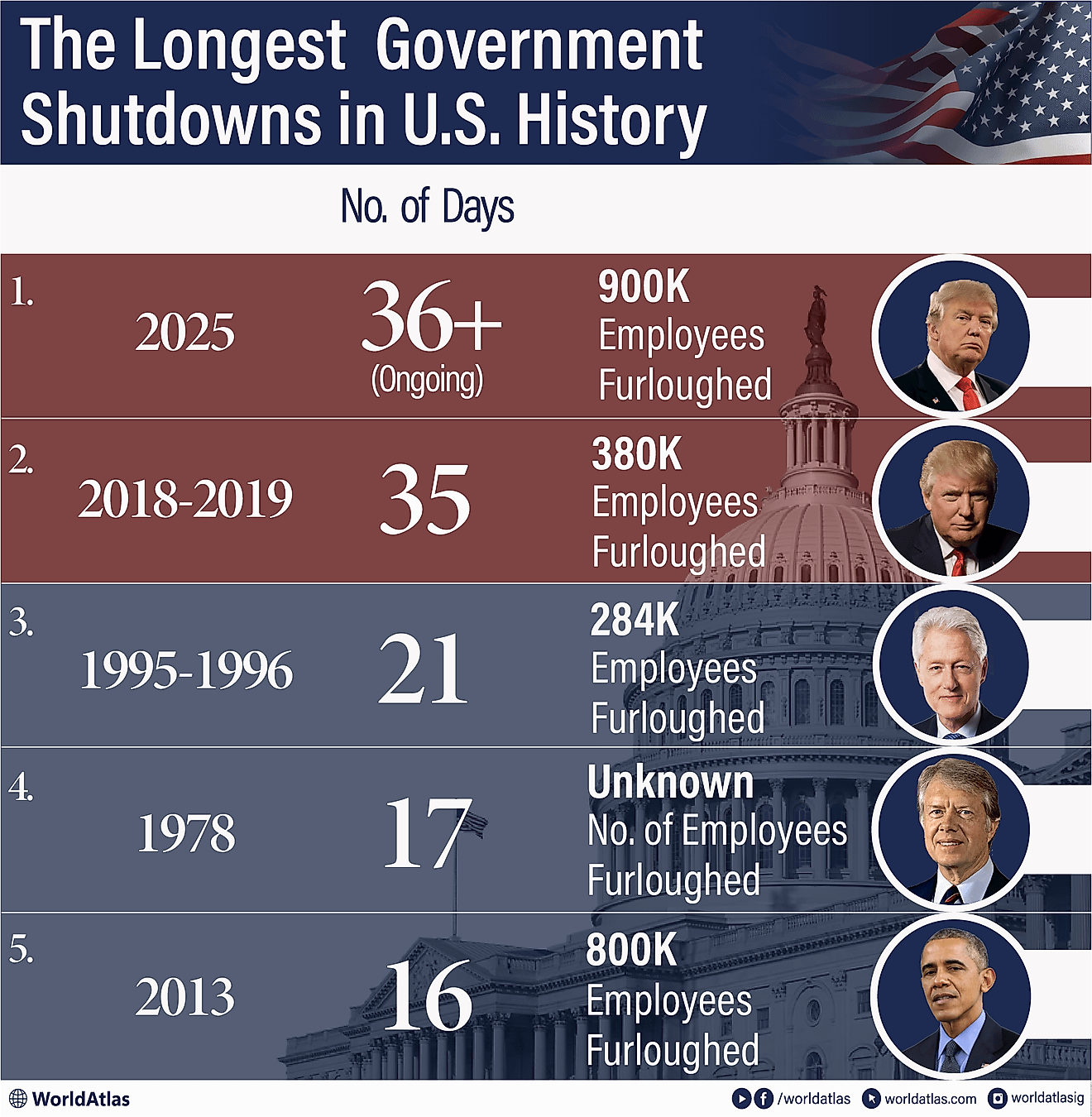What Type of Government Does Australia Have?

The Government of the Commonwealth of Australia is a federal democratic administrative authority of Australia. Australia’s system of government reflects both British and North American influences. Australia is governed by both the federal government and the state and territory governments. Queen Elizabeth II is Australia’s head of state under a constitutional monarchy. Australia is a member of the Commonwealth.
Governor-General Of The Government Of Australia
The Governor-General, representing the Monarch of Australia, is currently Queen Elizabeth II, in Australia. Governor General is appointed by the Queen, acting upon advice from the Prime Minister. The Governor-General is mandated with numerous head-of-state duties under the Constitution. He is the Commander-in-Chief of the country’s defense forces. The Governor-General gives assent to laws passed by Parliament and appoints high commissioners, ambassadors, federal judges, and ministers. The Governor-General also issues writs for elections, sets up royal commissions of inquiry, awards Australian honors, opens Parliament and welcomes visiting the head of states. The Governor-General mainly acts on advice from ministers, but he may forego this advice to utilize his/her reserve powers. These powers may include dismissing the Prime Minister if he acts unlawfully or in the event of Parliament’s loss of confidence, appointing the Prime Minister, refusal to dissolve the House of Representatives against the advice of the Prime Minister. The incumbent Governor General is Sir Peter Cosgrove who took office on March 28, 2014.
Federal Government Of Australia
The Federal government is mandated with specific areas of governance by the Constitution. These areas are defense, foreign matters, taxation, and postal and telecommunication services. The Federal government is comprised of the three arms of government, namely Legislature, Judiciary and Executive.
Legislature - The federal legislature is composed of the House of Representatives and the Senate. Each state and territory elect one member to the House of Representatives and 12 members from the states, and two from the territories are elected to the Senate. The legislature passes legislation, debates on matters concerning public policy and approves or disapproves government’s proposals on taxation and expenditure.
Judiciary - The High Court and Federal Courts make up the federal judicature. The High Court is mandated to interpret the Constitution, resolve legal disputes between the House of Representatives and Senate and to listen to Appeals from lower courts
Executive - Executive power is exercised by the Prime Minister and the Cabinet. The Prime Minister leads the party with the majority members in the government. The Prime Minister appoints Ministers, who takes care of their assigned departments. The Executive is in charge of policy making.
State Government Of Australia
The Commonwealth of Australia has six states, namely Victoria, Western Australia, New South Wales, South Australia, Tasmania, and Queensland. Each of these states has their own constitution, which provides for the legislature, judiciary, and executive divisions. Each state government self-governs on matters not controlled by the federal government and is headed by the Premier.
Territory Government Of Australia
Territories are regions not claimed by any of the states. Three territories have acquired a limited right to self-governance from the federal government. These territories are Australian Capital Territory, Northern Territory, and Norfolk Island. The rest of the territories are governed by the Commonwealth Law. These territories are Christmas Island, Jervis Bay Territory, Ashmore and Cartier Islands, Cocos (Keeling) Islands, Coral Sea Islands, Australian Antarctic Territory, and Territory of Heard Island and Mcdonald Islands.
Local Governments
Local Governments or Local Council operate under the state or territory governments. The local government oversees numerous concerns such as waste collection and management, public recreation facilities, community safety, community health services, town planning, and maintenance of physical infrastructure.











